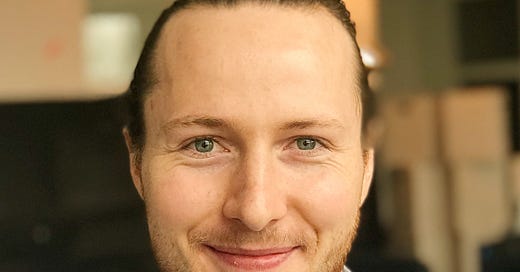For the past ten months, I have been in a constant battle with fear. Even though I understand where my fear comes from and how I can deal with it, or at least I try to. It does not simply dissolve. In addition to all the current events, we are heading for a crisis that is hardly comparable to everything we have seen before.
I have delved deeply into mys…
Keep reading with a 7-day free trial
Subscribe to Anima Mundi to keep reading this post and get 7 days of free access to the full post archives.


